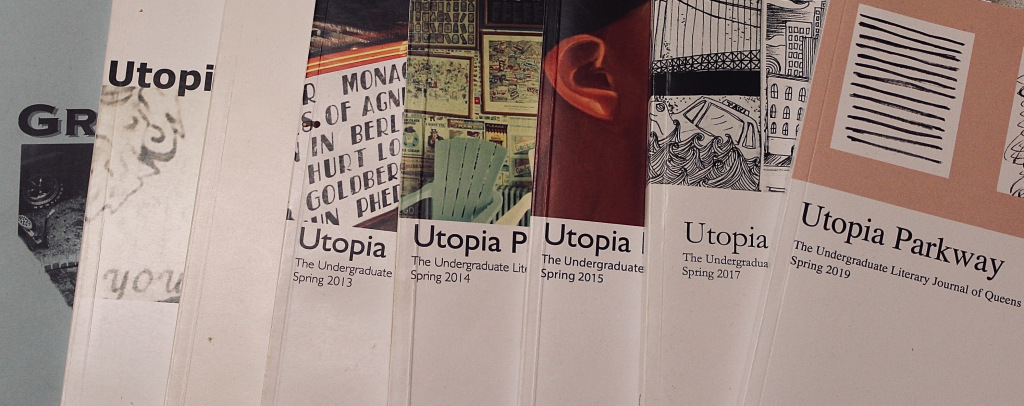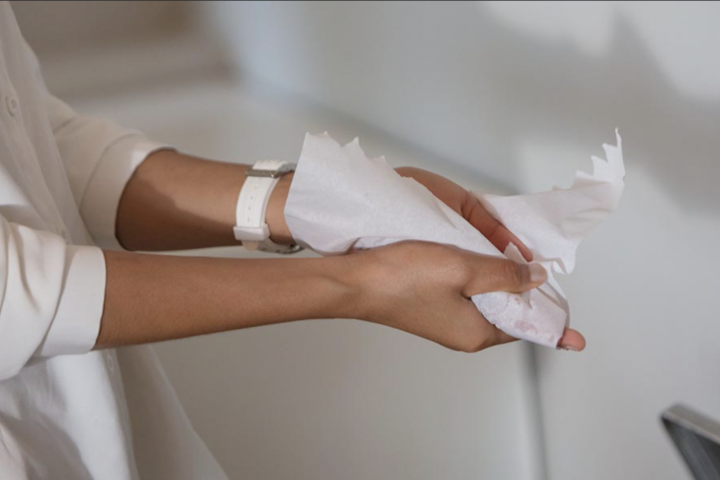Amid the pandemic, the future of graduate studies is blurry for most undergraduate students. The abrupt shift from in-person learning to online education has caused many to consider pausing their education as long as schools are strictly virtual. Professors are sympathetic to this fact, but are still trying to ignite a spark of light in this dark time. Recently, The Knight News sat down with John Dennehy, Deputy Executive Officer for PhD program admissions at QC, and asked him about the state of Queens College biology admissions, and how it will function for the time being.
To get into the QC biology graduate program, the prerequisites are as follows: a minimum undergraduate GPA of 3.0, two letters of recommendation, and a 500-word personal statement essay. Applicants are also not required to take the Graduate Record Examinations (GRE). On their transcripts, applicants are encouraged to have at least 20 credits in upper-level biology, along with coursework in physics, chemistry, mathematics, and statistics. But as Dr. Dennehy explains, the admissions committee looks past the numbers: “Our approach is definitely more holistic. We aren’t simply looking at numbers. We pay special attention to what the candidate writes and what is written about them (personal statement and letters of recommendation). We also look at the level of preparation and their academic trajectory. Does the candidate show a linear academic progression or are they unfocused and aimless?”
But as any STEM major will tell you, a key component of a graduate application is research. After all, if someone pursues a PhD, they need to be committed to dedicating their life to seeking out answers. Dennehy emphasized how the overall application should be centralized around research. “The personal statement for graduate studies is not the same as the personal statement for undergraduate studies. We [admissions officers] are not interested in how your [insert family member here] illness/death inspired you to study biology. We look for evidence that the applicant is intellectually and mentally prepared for graduate school,” said Dennehy. He further explained that one’s activities during undergraduate years should be related to research. “How can you commit to a five-year endeavor without having any experience in what the day-to-day lifestyle of working in a lab or in the field is like?”
Dennehy also noted that the emphasis on research does not end in the application. It should carry into the interview, where questions are centered around research experience and reasons for seeking a PhD. They intentionally look for “applicants that have a clear plan and can discuss their science background and science knowledge in a concise, coherent manner.” Additionally, as in any interview, getting a sense of the applicant’s personality is an important goal. “A candidate can look great on paper, but this can change dramatically in the interview,” Dennehy pointed out.
However, in light of the pandemic, many applicants are left wondering whether their chances of getting into graduate school have been significantly impacted. CUNY has been hurt by budget cuts, which have created fears about class reduction and a lack of resources. When asked how the budget cuts have impacted Dennehy’s job as an admissions officer, he explained that his workload has increased significantly. Elaborating, he explained that gradual budget cuts over the years have taken their toll on his day-to-day workload. “My administrative workload has exponentially increased over the past ten years. It is not especially cost-effective to pay someone a faculty member’s salary to perform work that could be accomplished by a part-timer with no specialized training.” Students around Queens College have also taken notice of faculty members being overwhelmed with administrative tasks, something Dennehy readily acknowledges. “Because of budget cuts, faculty members are routinely spending time on such tasks instead of focusing on teaching and research.”
It’s always recommended that applicants looking to learn about various programs contact the university’s admissions department for advising. Admissions officers like Dennehy have helpful insights that can better prepare students for the stressful endeavor of graduate school applications.














